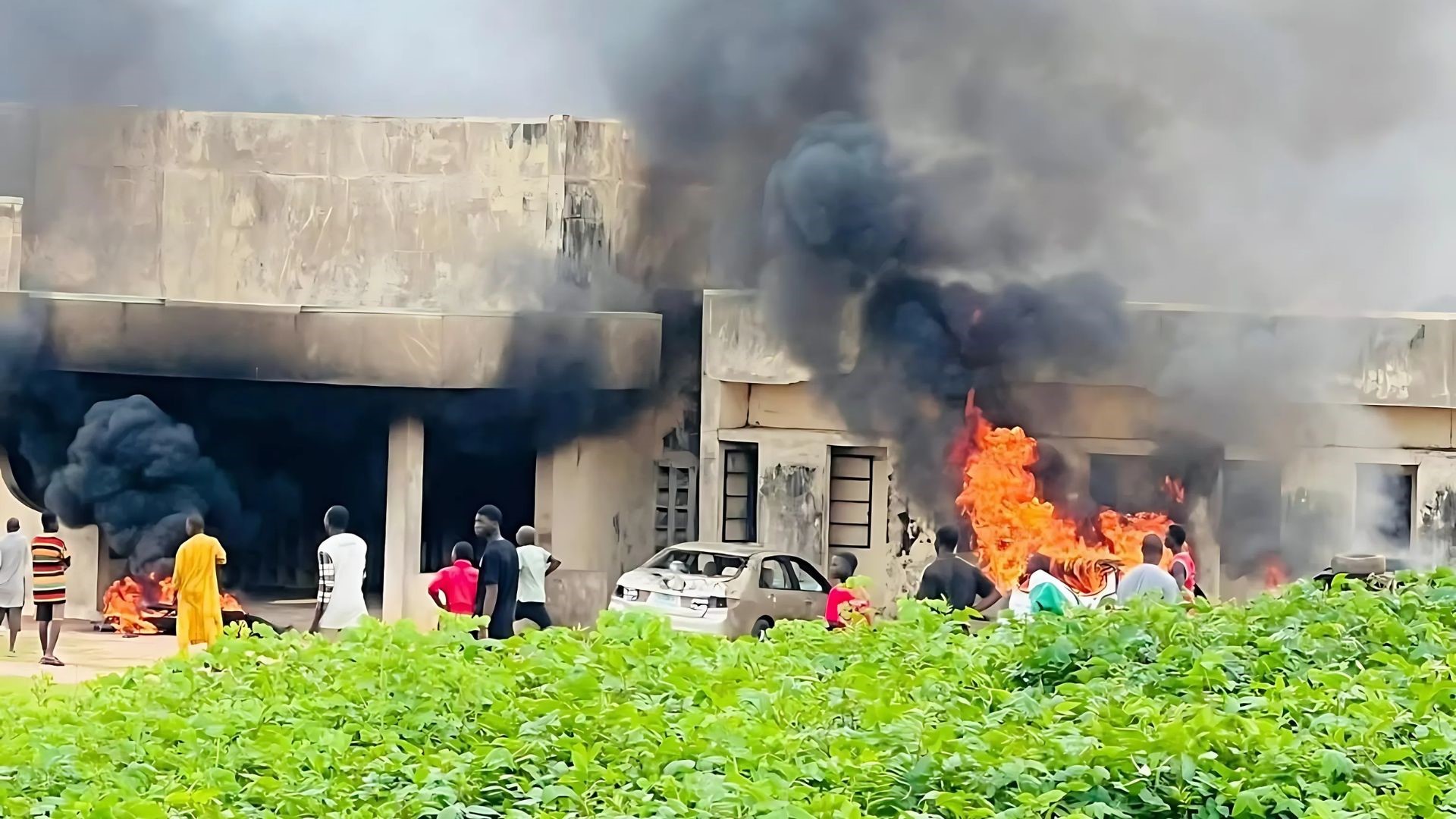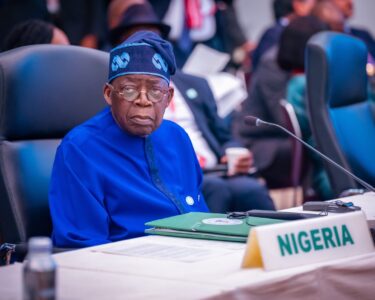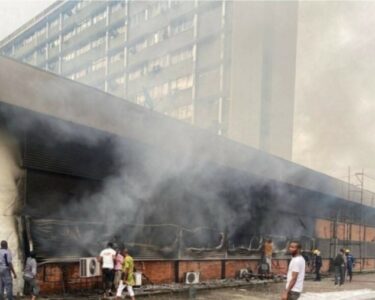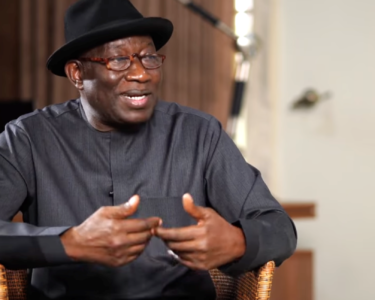Protest against Insecurity in Kwara State
Youths protest rising insecurity in Lafiagi
Summary
- Protesters decry government inaction over kidnappings, killings, and terrorist attacks
- Demonstration turns violent as NDLEA office is torched and Emir’s palace vandalised
- Authorities yet to issue official statements amid mounting youth frustration
Ilorin, Kwara State – On 30 June 2025, youths in Lafiagi, Kwara State, staged a mass protest against growing insecurity in their community, following a spate of kidnappings, killings, and terrorist attacks that have plagued the area. The demonstration, which began as a peaceful appeal for urgent government intervention, quickly descended into violence, reflecting deep-seated frustrations over what locals describe as prolonged government inaction.
The immediate trigger for the protest was the reported kidnapping of three individuals in two separate incidents within a 12-hour window leading up to the march. Protesters, mostly young people, marched through the streets of Lafiagi carrying placards and chanting solidarity songs, demanding greater protection for residents and accountability from both local and state authorities.
However, the protest took a violent turn. The office of the National Drug Law Enforcement Agency (NDLEA) in Lafiagi was set ablaze, and parts of the palace of the Emir of Lafiagi were vandalised, with windows and other sections of the building damaged. A post shared on X by @connect\_bida around 07:19 PDT on 30 June indicated that the escalation occurred shortly after soldiers were deployed to disperse protesters gathered outside the Emir’s palace.
A source quoted in local reports said: “The youth are exhausted, and there has been no concrete action from the government. The frequency of attacks has increased, which is why the protest erupted today.”
Despite the deployment of security operatives to restore calm, no official statement had been released by the Kwara State government or traditional authorities as of the time of reporting. The status of the kidnapped victims also remains unclear, fuelling further anxiety within the community.
While the protest was specific to Lafiagi in Kwara State, it reflects a wider pattern of discontent across Nigeria, particularly among the youth. Similar demonstrations in Edo State in May, although unrelated in context, also highlighted growing concerns around security and governance failures. These include protests in Akoko-Edo over poor road infrastructure and rampant abductions, and another in Benin City against alleged EFCC harassment.
The Lafiagi protest raises broader questions about the state of local governance and the perceived ineffectiveness of traditional institutions in addressing insecurity. The attack on the Emir’s palace may suggest a loss of public confidence in both modern and customary authorities. The deployment of soldiers signals a more forceful approach by the state, which, if not followed by meaningful dialogue and reform, risks fuelling further unrest.
Observers warn that unless the government takes immediate and transparent steps to address the root causes of these protests, particularly insecurity, unemployment, and lack of trust in institutions, more communities may similarly take to the streets.
As tensions remain high in Lafiagi, residents and rights groups alike are calling for restraint from both protesters and security forces, and for authorities to prioritise meaningful solutions over forceful crackdowns.







